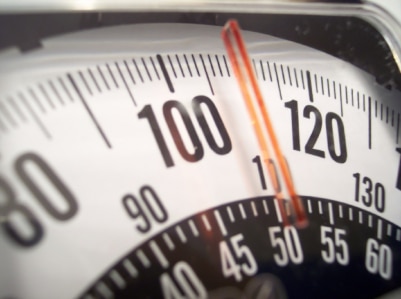Lose Weight Are you looking for help to lose weight? A critical factor that is frequently overlooked by the medical...

Lose Weight Are you looking for help to lose weight? A critical factor that is frequently overlooked by the medical...
© 2025 jackomd180. All rights reserved.